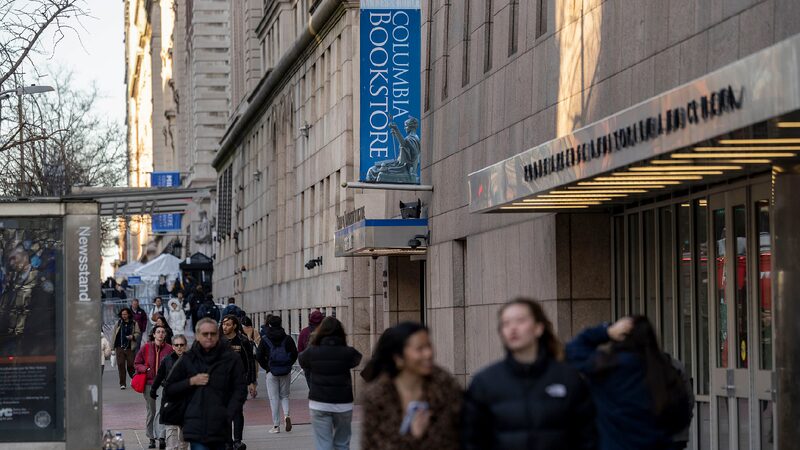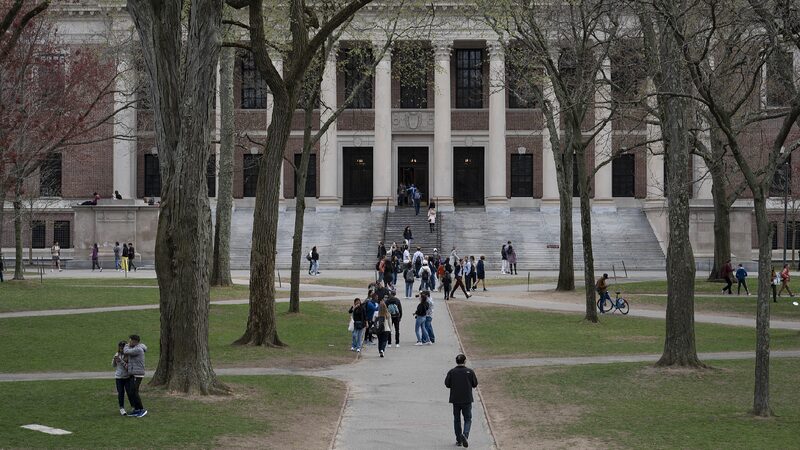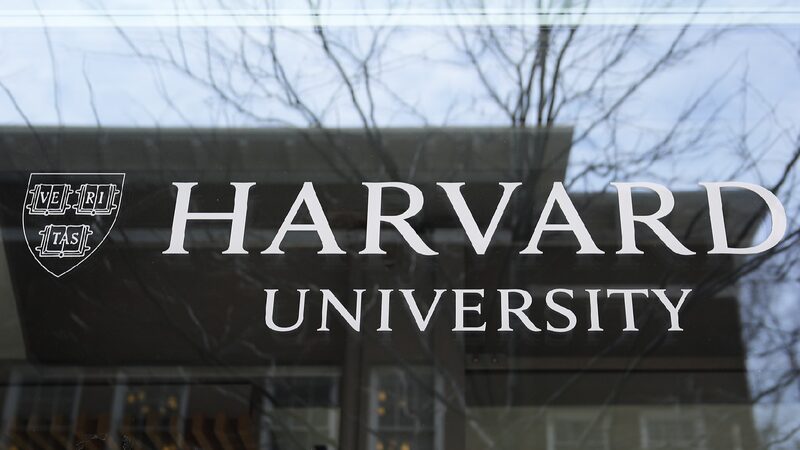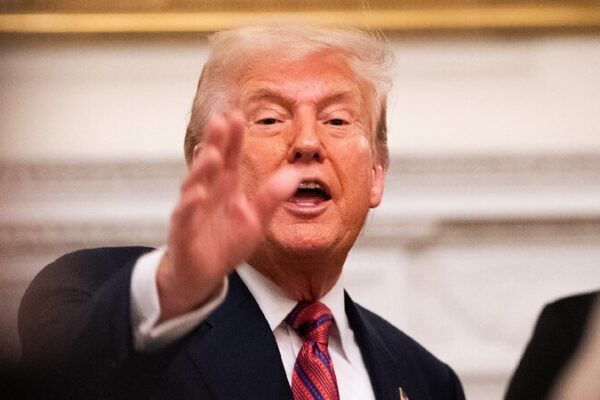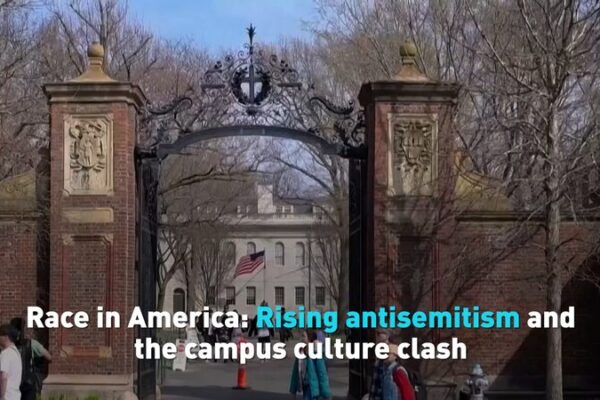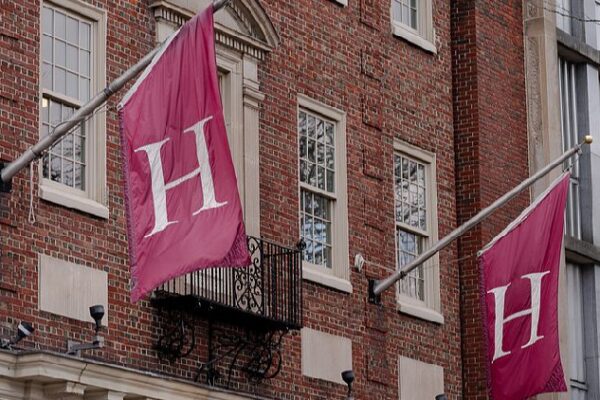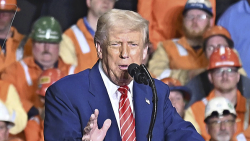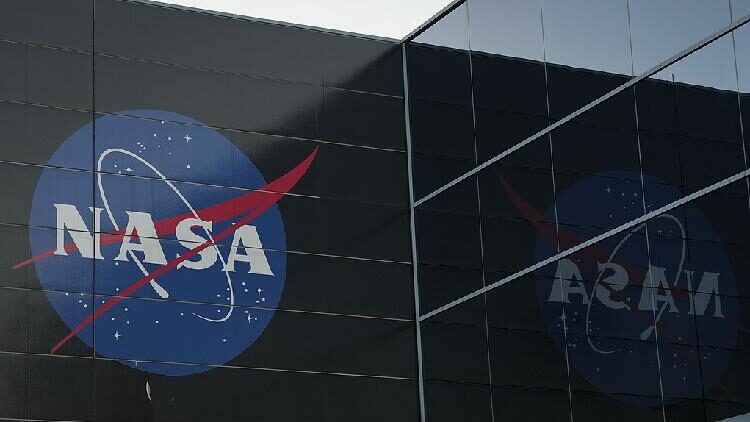The Trump administration announced on Friday the cancellation of $400 million in grants to Columbia University, citing the institution’s alleged failure to address antisemitism on campus. The decision was detailed in a statement released by the U.S. Department of Health and Human Services.
The funding cut follows an investigation by a Joint Task Force comprising the Justice Department, the Department of Health and Human Services, the Department of Education, and the U.S. General Services Administration. The task force stated that the university faced consequences due to its “continued inaction in the face of persistent harassment of Jewish students.”
The Joint Task Force was established on February 3, after President Donald Trump signed an executive order on January 29 introducing additional measures to combat antisemitic harassment in educational institutions.
While the statement did not specify which grants and contracts would be affected, it indicated that the cuts would impact over $5 billion currently allocated to Columbia University.
President Trump warned earlier in the week via social media that he would withdraw funding from schools and universities that permit “illegal protests.” He stated, “All Federal Funding will STOP for any College, School, or University that allows illegal protests. Agitators will be imprisoned/or permanently sent back to the country from which they came. American students will be permanently expelled or, depending on the crime, arrested.”
Linda McMahon, the newly confirmed U.S. Education Secretary, commented on the decision, suggesting that Columbia had not adhered to federal anti-discrimination laws. “Since October 7, Jewish students have faced relentless violence, intimidation, and antisemitic harassment on their campuses—only to be ignored by those who are supposed to protect them,” McMahon said. “Universities must comply with all federal anti-discrimination laws if they are going to receive federal funding. For too long, Columbia has abandoned that obligation to Jewish students studying on its campus. Today, we demonstrate to Columbia and other universities that we will not tolerate their appalling inaction any longer.”
Starting October 7, a conflict between Hamas and Israel escalated, leading to significant casualties and destruction in Gaza. The tensions have sparked a wave of demonstrations across college campuses, including Columbia University, where students organized pro-Palestine protests.
Samantha Slater, a spokesperson for Columbia University, responded to the funding cuts, stating that the university is committed to addressing the concerns raised. “We take Columbia’s legal obligations seriously and understand how serious this announcement is. We are committed to combating antisemitism and ensuring the safety and well-being of our students, faculty, and staff,” she said.
The student group Columbia Jewish & Israeli Students expressed disappointment over the federal decision. “While initial steps have been taken to address these issues, they are broadly insufficient. This move by the federal government hurts all of us, including numerous Jewish graduate students and workers at Columbia who are supported by federal funding. We hope that Columbia responds accordingly in order to prevent further cuts,” the group stated.
The New York Civil Liberties Union (NYCLU) criticized the administration’s actions, describing the funding cut as a misuse of the law to suppress political speech. “It is unconstitutional and unprecedented, but it is entirely consistent with Trump’s long-held desire to silence views with which he disagrees and clamp down on protest,” NYCLU Executive Director Donna Lieberman said. “Protected political speech should not be a basis for punishment, and Title VI must be applied consistently with the First Amendment.”
In addition to Columbia University, the Trump administration has indicated plans to review other prestigious institutions, including Harvard University, Johns Hopkins University, and New York University, over similar concerns.
Reference(s):
Trump cuts $400m in grants to Columbia over antisemitism concerns
cgtn.com
